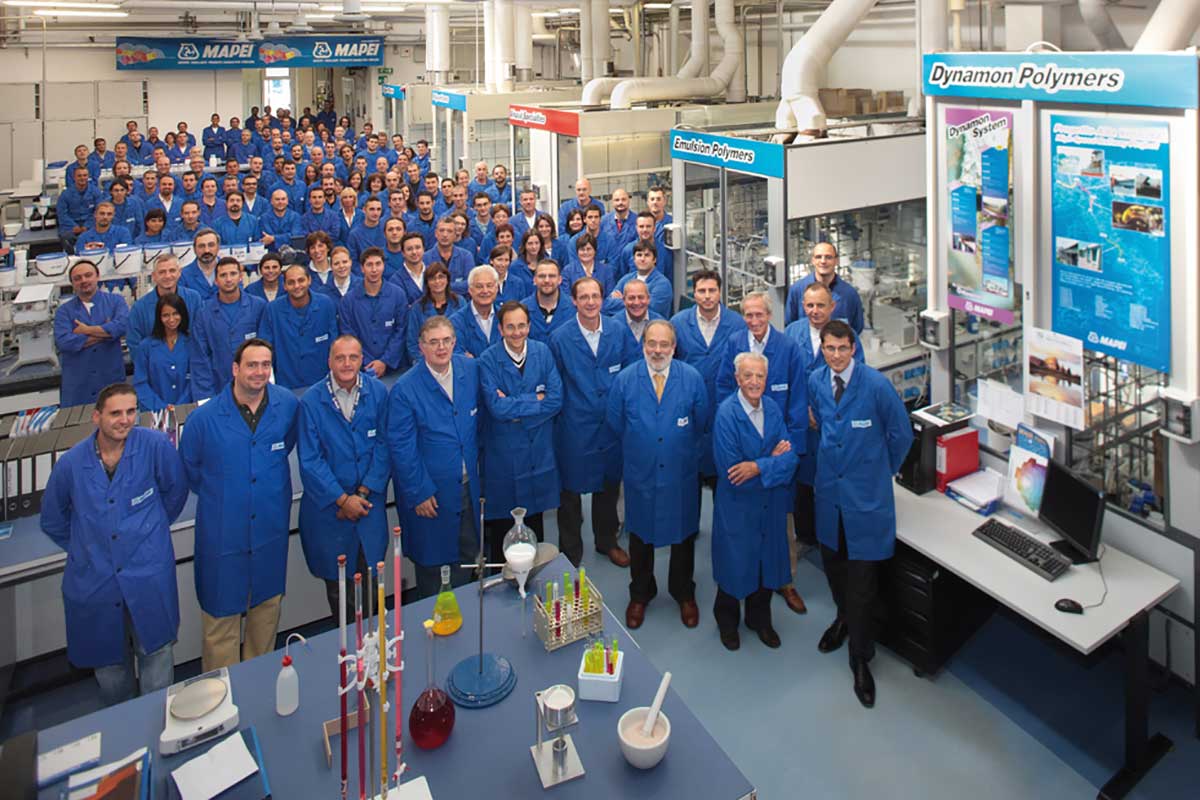Mapei Group Selects Africa Logistics Properties for its East Africa industrial and distribution facility
Africa Logistics Properties (ALP) has signed a long-term lease for 2,000 sqm of its flagship ALP North Logistics & Distribution Complex with Mapei East Africa, the Kenyan subsidiary of the Italian multinational group Mapei S.p.A.
Mapei will use the ALP facility as a logistic platform for developing the markets in Kenya and surrounding countries – an area having almost 300 million citizens where major investments in infrastructure, residential and industrial buildings are foreseen for the next years.
Having a local presence will allow Mapei to better serve the market and support customers and professionals in the area with the most comprehensive offer in the world of products for the building sector, “from foundations to the rooftop”.
ALP has constructed Kenya’s first international standard grade-A logistics warehousing on two sites in Nairobi. ALP North, ALP’s first project, is a 50,000sqm logistics and distribution complex at Tatu Industrial Park in Northern Nairobi which completed in September 2018. ALP West, ALP’s second project, has completed the road infrastructure on its 49-acre site on the A104 highway to Limuru, with plans for a 100,000 sqm logistics and distribution warehousing complex.
ALP, which rents its modern warehouse units to occupiers on long term leases, has already leased over 82% of its first units at ALP North. The final phase 3 unit of 20,000sqm, the largest warehouse in Nairobi, will be completed for occupation this month.
The rapid rate of fill at the logistics park has been driven by features such as the high floor load-bearing capacity, 12 m operating heights, and lower operating costs due to environmental features such as solar-powered electricity. The ability to stack products up to 12 m high, alone, reduces overall warehousing costs by 30 percent compared to traditional ‘go-down’ warehouses. ALP’s distribution and logistics facilities are disrupting the traditional ‘godown’ warehouse market, which has long suffered from small, poor quality units that are not fit to support the kind of modern operations and requirements needed by growing regional and international companies in East Africa.
